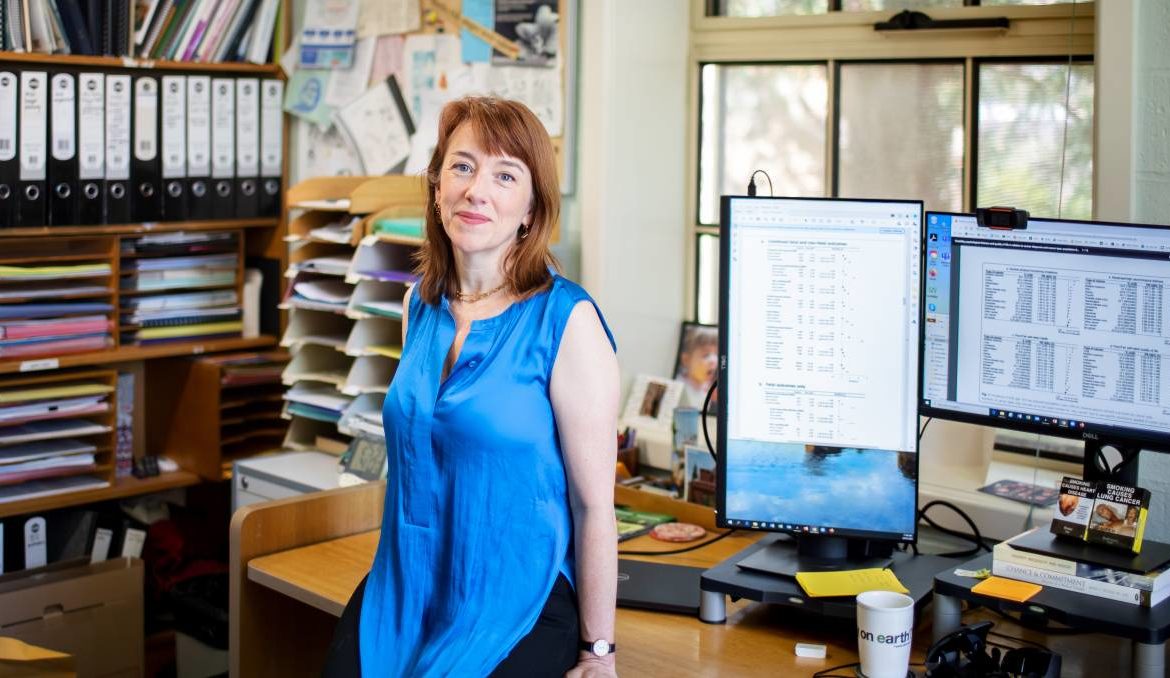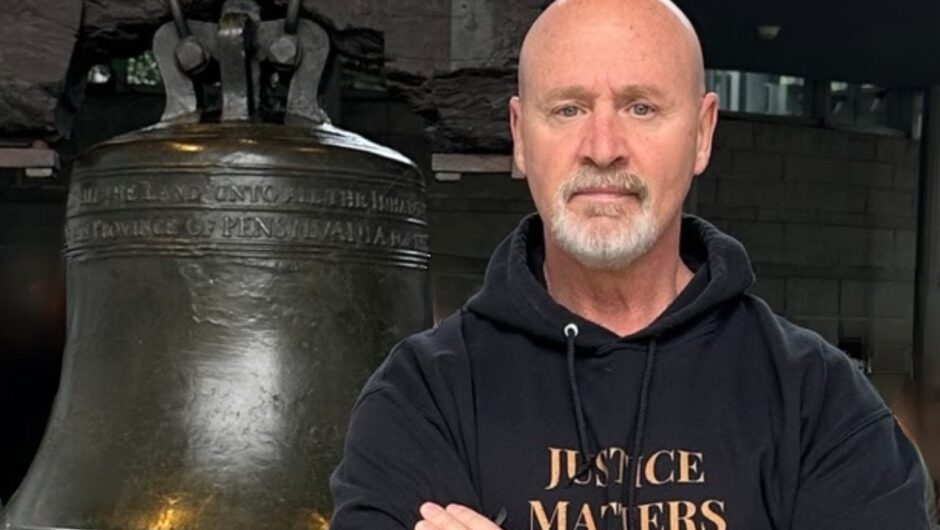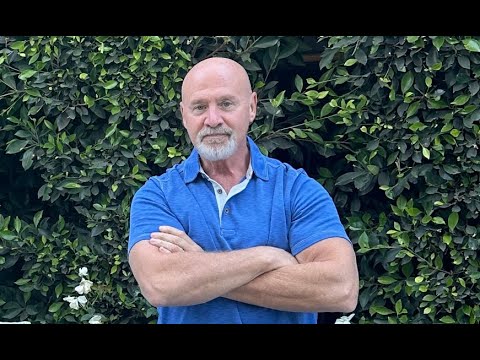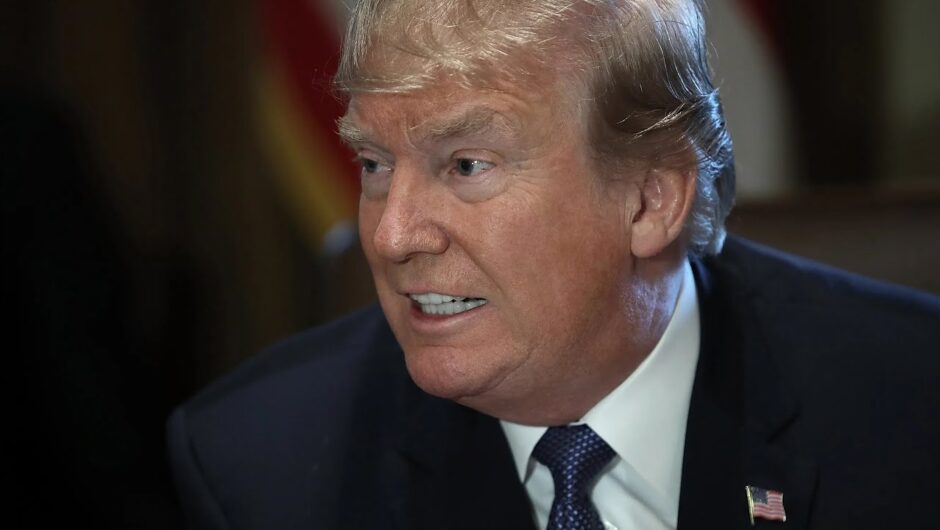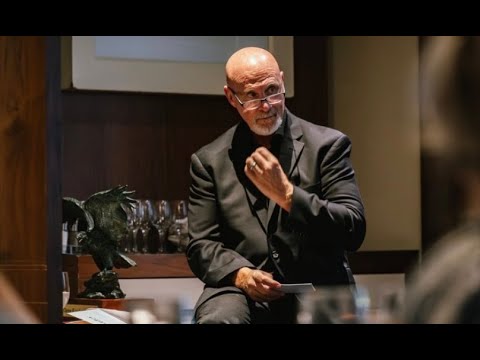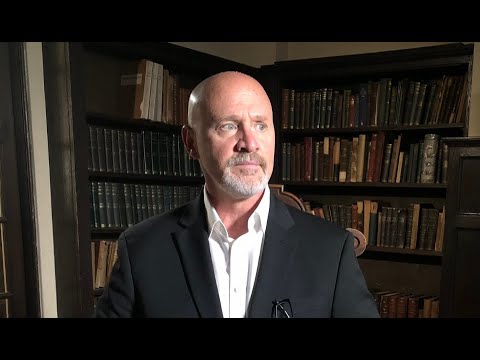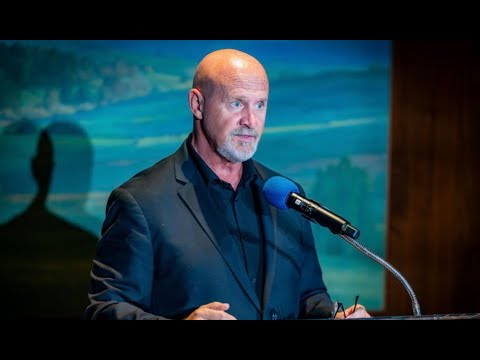news, education, Australia Day Honours 2021, Professor Emily Banks, Dr Jill Guthrie, Dr Greg Fealy
Thousands of Australians have benefited from Professor Emily Banks’ work in public health but they may never know who they are. The head of the National Centre for Epidemiology and Population Health has saved countless lives through her research on smoking, alcohol, cardiovascular disease and breast cancer. Professor Banks said she was pleased public health was being put in the spotlight through her appointment as a Member of the Order of Australia for significant service to medical research and education. “In public health it’s an incredible team effort. It’s not something you can do on your own,” she said. The epidemiologist was a product of Canberra’s public education system – Turner Primary School, Lyneham High School and Dickson College – and had an insatiable curiosity. Her work has taken her to the University of Oxford where her research on hormonal therapy for menopause has led to between 600 and 800 fewer breast cancers each year. Her research which showed female genital mutilation was associated with increasing risks of complications for mothers and babies was used as evidence for a United Nations resolution on the subject. She said there was more work to be done to improve health inequalities throughout the community. “There’s not one magic bullet, there are things that work together over time.” Senior research fellow at the ANU Research School of Population Health Dr Jill Guthrie has been appointed a member of the Order of Australia for her services to Indigenous health and justice reinvestment policy. READ MORE: Completing a master of epidemiology at ANU in 1998 was a pivotal moment in her career. After ten years in the public service, she graduated alongside seven other Indigenous students. “Particularly for Indigenous people, it’s important that opportunities are provided for more than one person,” Dr Guthrie said. “You need cohorts of people to be enabled in education so no one person feels that they need to blaze a trail.” The Wiradjuri woman returned to her hometown, Cowra, for a justice reinvestment research project where community members discussed how the $2.5 million spent annually on incarcerating people for low-level crimes could be diverted to other services. “Communities themselves have to be involved in their own solutions, that’s the key,” she said. Dr Guthrie said she hoped to lift the voices of other Indigenous scholars through her award. Associate Professor of Indonesian Politics Dr Greg Fealy became fascinated with Islam and Indonesia when he attended Monash University. “I was raised in traditional meat-and-three-veg family and I wanted to learn something mind-expanding,” Dr Fealy said. He has been appointed a Member of the Order of Australia for his services to tertiary education and to Australia-Indonesia relations. Dr Fealy said fewer Australians were studying our northern neighbour intensively. “That is becoming a national problem for us in not having enough people who are Indonesia-literate,” he said. “This needs more support, this needs strategies to get people interested in Asia again and studying it in a serious way otherwise there will be hollowing out of expertise.” Dr Fealy said he felt immensely privileged to be recognised for his work. “I love teaching, I love doing things to foster good relations between Australia and Indonesia,” he said.
/images/transform/v1/crop/frm/33pRA5ArzT57tWtt8VHHenS/2b2d9249-9b8b-40e7-ac7b-90dc092a33e8.jpg/r0_245_6000_3635_w1200_h678_fmax.jpg
Thousands of Australians have benefited from Professor Emily Banks’ work in public health but they may never know who they are.
The head of the National Centre for Epidemiology and Population Health has saved countless lives through her research on smoking, alcohol, cardiovascular disease and breast cancer.
Professor Banks said she was pleased public health was being put in the spotlight through her appointment as a Member of the Order of Australia for significant service to medical research and education.
“In public health it’s an incredible team effort. It’s not something you can do on your own,” she said.
The epidemiologist was a product of Canberra’s public education system – Turner Primary School, Lyneham High School and Dickson College – and had an insatiable curiosity.
Her work has taken her to the University of Oxford where her research on hormonal therapy for menopause has led to between 600 and 800 fewer breast cancers each year. Her research which showed female genital mutilation was associated with increasing risks of complications for mothers and babies was used as evidence for a United Nations resolution on the subject.
She said there was more work to be done to improve health inequalities throughout the community.
“There’s not one magic bullet, there are things that work together over time.”
Senior research fellow at the ANU Research School of Population Health Dr Jill Guthrie has been appointed a member of the Order of Australia for her services to Indigenous health and justice reinvestment policy.
Completing a master of epidemiology at ANU in 1998 was a pivotal moment in her career. After ten years in the public service, she graduated alongside seven other Indigenous students.
“Particularly for Indigenous people, it’s important that opportunities are provided for more than one person,” Dr Guthrie said.
“You need cohorts of people to be enabled in education so no one person feels that they need to blaze a trail.”
The Wiradjuri woman returned to her hometown, Cowra, for a justice reinvestment research project where community members discussed how the $2.5 million spent annually on incarcerating people for low-level crimes could be diverted to other services.
“Communities themselves have to be involved in their own solutions, that’s the key,” she said.
Dr Guthrie said she hoped to lift the voices of other Indigenous scholars through her award.
Associate Professor of Indonesian Politics Dr Greg Fealy became fascinated with Islam and Indonesia when he attended Monash University.
“I was raised in traditional meat-and-three-veg family and I wanted to learn something mind-expanding,” Dr Fealy said.
He has been appointed a Member of the Order of Australia for his services to tertiary education and to Australia-Indonesia relations.
Dr Fealy said fewer Australians were studying our northern neighbour intensively.
“That is becoming a national problem for us in not having enough people who are Indonesia-literate,” he said.
“This needs more support, this needs strategies to get people interested in Asia again and studying it in a serious way otherwise there will be hollowing out of expertise.”
Dr Fealy said he felt immensely privileged to be recognised for his work.
“I love teaching, I love doing things to foster good relations between Australia and Indonesia,” he said.

